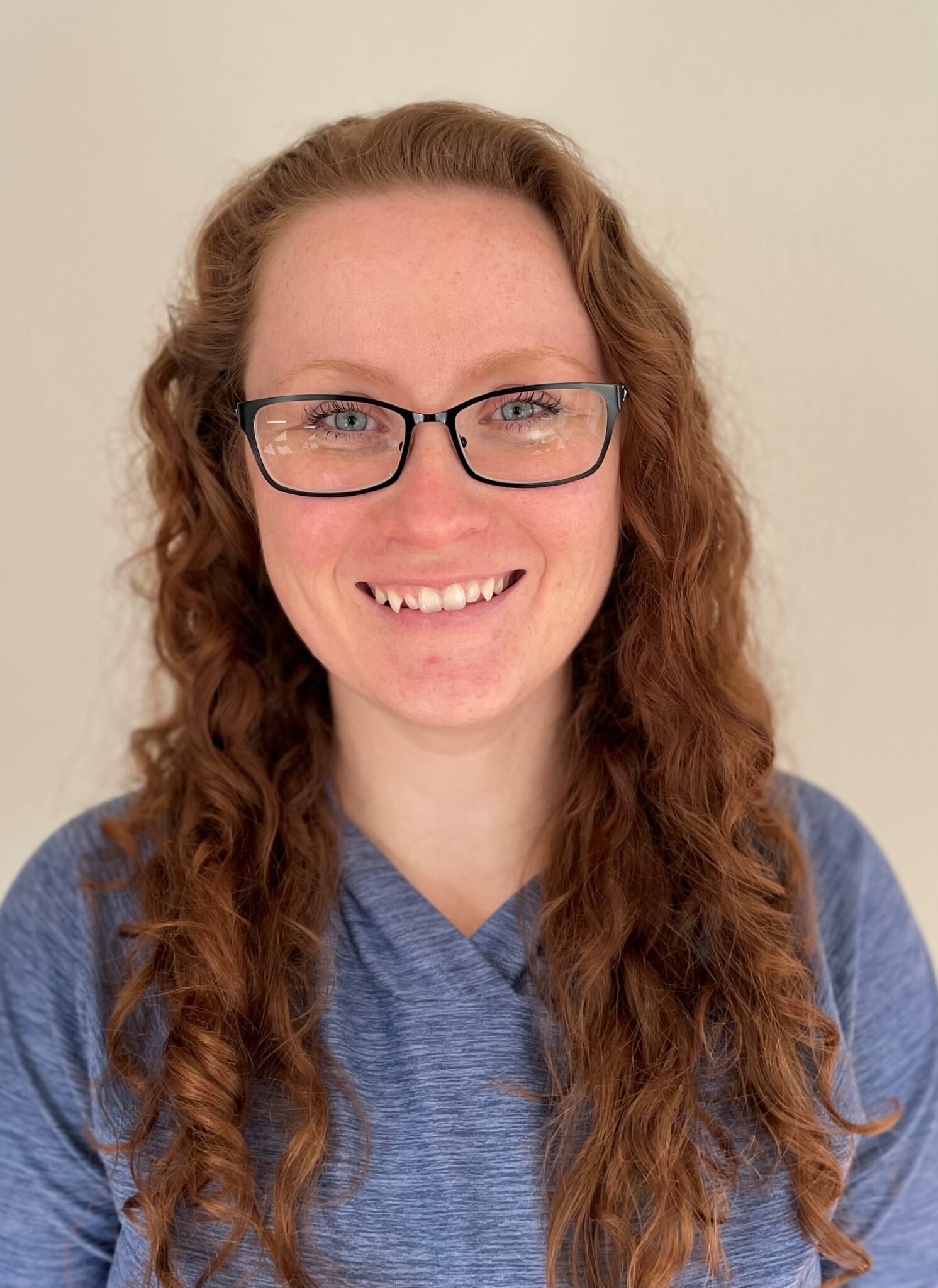
Dyllyn Werthan is the Pre-Filing Sexual Assault Victim Advocate in the Seattle Human Services Department’s Safe and Thriving Communities (STC) division. She has worked at Seattle Human Services for one year.
What is your role at Seattle Human Services?
I am one of the Sexual Assault Victim Advocates who works within the Crime Survivor Services Unit of HSD.
What made you want to work in human services?
I have known since I was a teenager that I wanted a career working with and empowering people. Gender-based violence is an issue that I grew up surrounded by, and when I discovered, as an adult, that I could be part of the change, I knew victim advocacy was for me.
How has your job changed in recent years?
My position as Pre-Filing Sexual Assault Victim Advocate is actually brand new to for me and for the City, as of 2023. With some exceptions, I work with survivors primarily in the law enforcement investigation stage of cases, whereas my coworkers typically work cases from investigation through the resolution of a following criminal case. This difference in my duties allows me the time and flexibility to focus on providing direct service to special projects such as Seek Then Speak, a new reporting tool being used by the Seattle Police to help survivors report crimes of sexual assault.
What do you love about your job?
Pursuing healing and justice post-sexual assault is not a one-size-fits-all decision or experience for survivors, so being able to provide them with information on the reporting process, investigation, and possible criminal prosecution is essential. I love that I get to come alongside survivors of sexual assault to help support them with making informed decisions for themselves.
How do you contribute to HSD’s overarching goals related to racial equity?
As advocates working within Crime Survivor Services, we are in a unique position where we are employed by HSD and work in partnership with SPD and the King County Prosecutor’s Office to provide advocacy to survivors of crime. Many survivors within BIPOC communities face additional barriers when trying to access justice, and a big part of my job is to help them navigate those barriers so that they have the same access and opportunities that any other survivor would. This starts with curiosity, listening, and empowering survivors to overcome the barriers that they identify, or that we identify together.
What motivates you or keeps you going?
Each survivor that I work with motivates me to keep going. I am honored to be a support for each of the people I work with that have experienced trauma and are being asked by a system to relive it over and over again.
What’s one piece of advice for HSD newcomers or recent graduates in your field?
It is never too early (or too late) to work on developing an effective self-care routine. No matter what your role is, if you are caring for people, you need to care for yourself, too!

